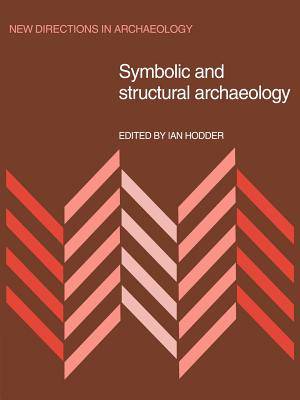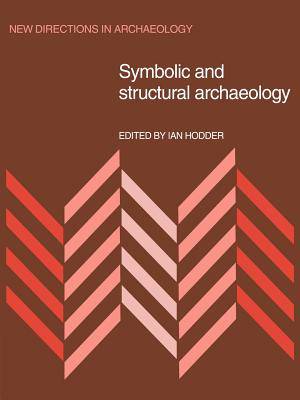
- Afhalen na 1 uur in een winkel met voorraad
- Gratis thuislevering in België vanaf € 30
- Ruim aanbod met 7 miljoen producten
- Afhalen na 1 uur in een winkel met voorraad
- Gratis thuislevering in België vanaf € 30
- Ruim aanbod met 7 miljoen producten
Zoeken
Symbolic and Structural Archaeology
€ 87,95
+ 175 punten
Omschrijving
This volume presents a searching critique of the more traditional archaeological methodologies and interpretation strategies and lays down a firm philosophical and theoretical basis for symbolist and structuralist studies in archaeology. A variety of procedures, ranging from ethnoarchaeological studies and computing techniques to formal studies of artefact design variability, are utilized to provide models for archaeologists within the proposed framework and the theory and models are then applied to a range of archaeological analyses. This particular approach sees all human actions as being meaningfully constituted within a social and cultural framework. Material culture is not simply an adaptive tool, but is structured according to sets of underlying principles which give meaning to, and derive meanings from, the social world. Thus structural regularities are shown to link seemingly disparate aspects of material culture, from funerary monuments to artefact design, from the use of space in settlements, to the form of economic practices.
Specificaties
Betrokkenen
- Uitgeverij:
Inhoud
- Aantal bladzijden:
- 200
- Taal:
- Engels
- Reeks:
Eigenschappen
- Productcode (EAN):
- 9780521035507
- Verschijningsdatum:
- 5/02/2007
- Uitvoering:
- Paperback
- Formaat:
- Trade paperback (VS)
- Afmetingen:
- 210 mm x 279 mm
- Gewicht:
- 462 g

Alleen bij Standaard Boekhandel
+ 175 punten op je klantenkaart van Standaard Boekhandel
Beoordelingen
We publiceren alleen reviews die voldoen aan de voorwaarden voor reviews. Bekijk onze voorwaarden voor reviews.










